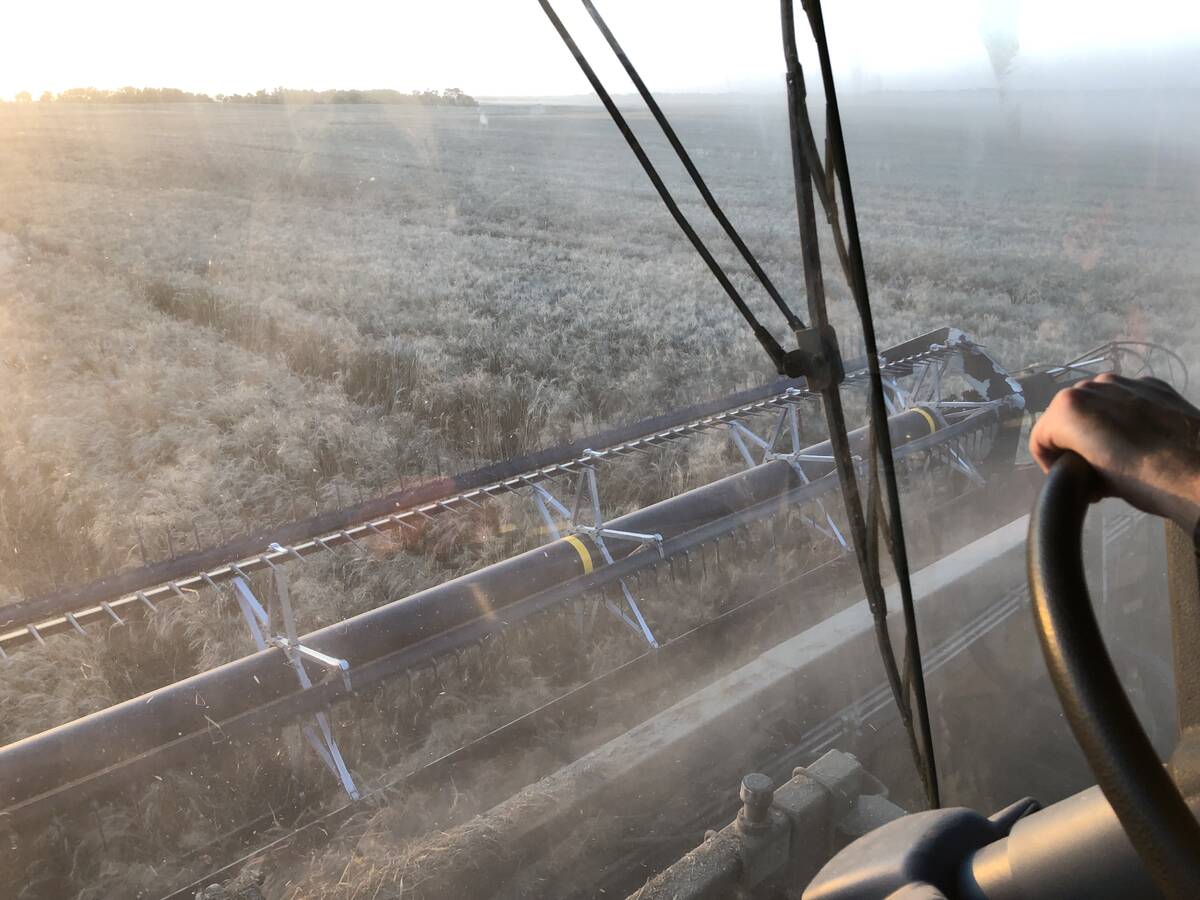It was one of the few light moments in nine weeks of serious and sober reflection.
It came on the 32nd and final day of the Canadian Transportation Agency’s public hearings into grain transportation during the winter of 1996-97.
After yet another adjournment for yet another ruling on yet another procedural dispute, the three members of the CTA panel took their seats and were ready to resume.
But they couldn’t. The court stenographers who take down every word for posterity were nowhere to be found.
Read Also

Mail strike disrupts grain sample delivery
The Canadian Grain Commission has asked farmers to consider delivering harvest samples directly to CGC offices, services centres or approved drop offs as Canada Post strike delays mail.
Agency clerk Richard Leduc dashed out the door and down the corridor, loudly calling them back to work.
At that, the assembled lawyers, railway and grain industry officials and CTA staff members erupted into laughter.
“We’re all very glad it’s the last day,” said a bemused CTA chair Marian Robson. “We’re starting to lose it.”
Eventually the stenographers appeared, the ruling was issued and the case lurched ahead into its final few hours.
Well, not quite. As baseball legend Yogi Berra said, “it ain’t over till it’s over.”
Even though both sides have presented their evidence, the case won’t be over until this week, with lawyers for the Canadian Wheat Board and CP Rail making their final arguments in Ottawa June 4 and 5.
There was a possibility the board would be allowed to conduct more cross-examination of CP officials, based on documents turned over by the railway to the agency on the last day of the hearings.
The agency had been required by law to issue a ruling by June 30, but Robson said the length of the hearings means that deadline can’t be met. The agency will confer with both parties next week to agree on a new date.
Both sides said they were pleased with how things went and expressed confidence they would get a ruling in their favor.
Adrian Measner, the CWB’s executive director of marketing, said the board believes it proved the railway failed to meet its rail car unload commitments and discriminated against grain as the system recovered from weather-related service disruptions
“We’re comfortable with what we presented in evidence,” he said, adding CP seemed more intent on talking about bad weather and operational problems than about the specifics of hauling grain during the four months covered by the complaint.
“We think it’s fairly clear but that’s up to the agency to rule,” he said. “When you go into something like this you can’t predict the outcome.”
Spared no expense
CP spokesperson Ian La Couvee said the railway introduced evidence designed to prove several key points: the winter of 1996-97 was exceptionally severe; the railway spared no expense in its recovery efforts; the railway worked with the grain industry to develop a recovery program specifically for grain; the system was essentially back to normal by Feb. 10; other customers suffered as much as grain shippers.
“I think it’s an extremely convincing case,” he said.
He added the railway’s only regret is that more farmers didn’t attend the hearings to hear first-hand CP’s account of the difficult conditions it faced that winter and the efforts it expended to move grain to market.
“It’s important to get that out,” he said. “We’re all here to serve the farmer and the grain industry and it was important that they know what happened and that we treat grain as equitably as any other commodity.”
Measner said the board agrees the weather was harsher than normal, but thinks the evidence shows that other commodities, particularly coal, fared better than grain during the recovery period.
“There is a very distinct pattern that grain did not get fair treatment,” he said.
The case has represented a huge undertaking in terms of time and money, and disrupted the regular work routine and personal lives of many employees from both the board and CP.
But Measner said the agency has no regrets about launching the complaint.
“I think it was important to do, and if it comes down to it we’re prepared to do it again,” he said.
















